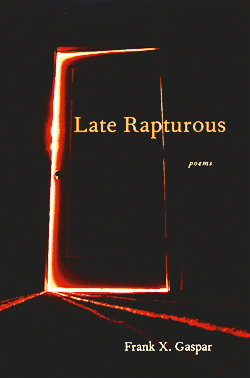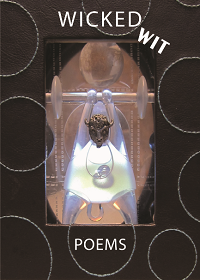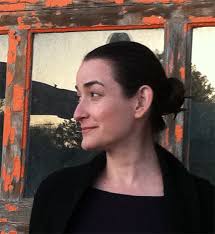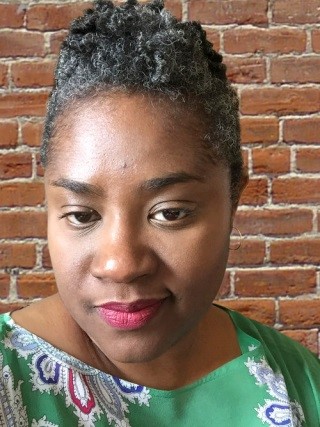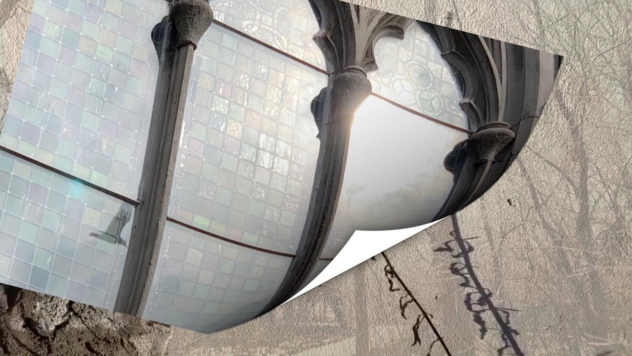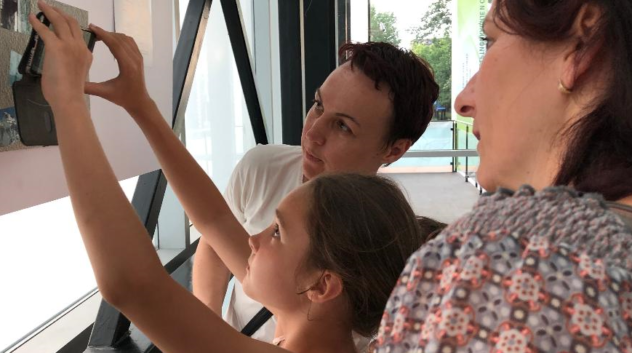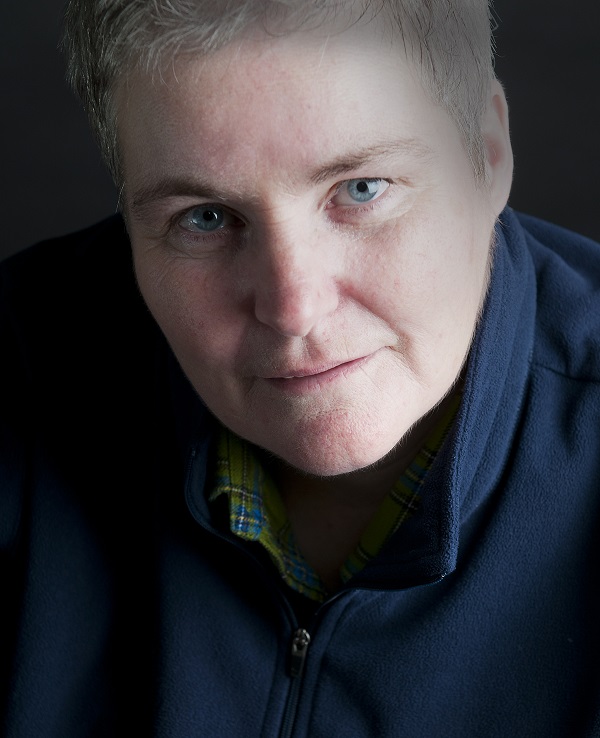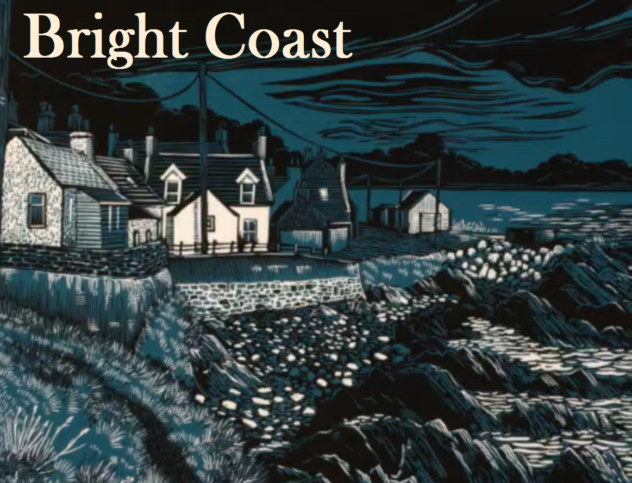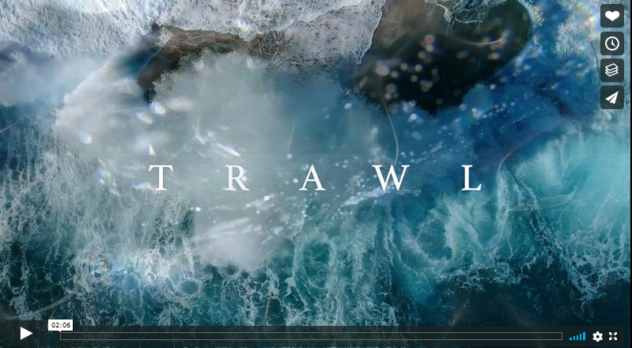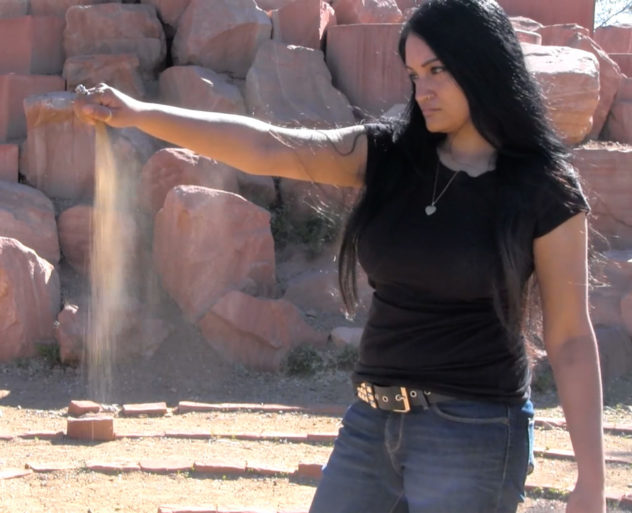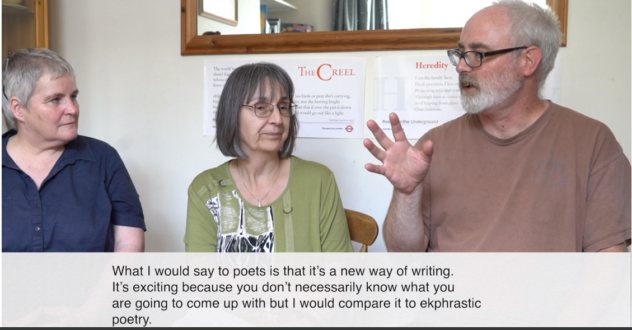LIVE WEBCAST – 7 PM, FEB 23:
Gotomeeting.com #361703309
ELLEN BASS discussing Late Rapturous
“I am a great admirer of Frank Gaspar’s poetry.
In his work we are privileged to see intimately into the workings of the poet’s mind. That sense that he opens the window of his mind and lets us look in, is so compelling. Allen Ginsberg said, “Write your mind.” And I think this is what Frank’s poems do.
His poetry inspired me to coin a new poetic term, the long-armed poem, because he reaches out a long arm and scoops so much disparate, seemingly unrelated matter into his poems and yet there’s always a sense of inevitability that these things do belong together—a strong magnetic or gravitational attraction.
His poems combine a keen quality of observation with a deep vulnerability. They plumb despair, but there is always a song of praise in them as well. I asked him about this in an interview that I did with him for American Poetry Review—this joining of despair and praise, and he said:… the despair and praise are not so much a call and a deliberated response, but the rising of two wings that beat together.
It’s this kind of thinking in what, for me, is unforgettable imagery, that makes me return again and again to his poetry.
I hope you enjoy his poems even half as much as I do. And I trust you will feel enriched and inspired by his work.
TWO POEMS BY FRANK X GASPAR FOR DISCUSSION:
June/July—Eleven Black Notebooks at the Desert Queen Motel
Then night again. The dry lightning like artillery over the far reefs
of stone and the thunder-god shearing the air—all the gods in foment
and calamity, but it is not enough. The rumble and rupture, the shattering.
Out there in the wilderness. Isaiah, Ezra, their lamentations, insufficient
in the madness, and me with my tall can of iced beer leaning
at the railing outside my door, like at the taffrail of a ship, but instead
of the big turbines thrumming on blackoil, now only the small throats
of the air conditioners gagging and moaning. The cold aluminum sweats
in my hand, and I’m pleased for this small miracle, water out of the
cracked desert air, but it is not enough. My happiness now, with the
work coming forth in fits and then gouts, is not enough, for it saves
nothing, yet it is a happiness after all, and therefore inexplicable.
The stars crowd one another out of their familiar lines. The arm
of the galaxy, its bright muscle against the belly of the sky. Not enough.
My heart full or empty, not enough. Now, to set something down in
the midst of folly, one true word, one simple cry out of the black arroyos
and dangerous washes, the canyons, the granite redoubts, but the lone sob
of the desert hen is not enough, the television’s mangled voices creeping
through the drywall and stucco are not enough, and I am running out of
time and money, always time and money. And love, I don’t forget love,
but it’s not enough either, it doesn’t save anything, the graves open for all
the beloved to lie down in and all the despised as well, and it is still not enough.
Stepping back into the cramped room I think of that ship again. How a ship will
Fit into the poem at this juncture. Perhaps my own ship from that other time.
One hundred thousand tons of death and empire. Grand under my feet. Rolling
with the long ocean swells. Sky like desert sky, shot with the unutterable trillions.
And the engines banging forward blindly. Into that darkness. Under that blaze.
Late Rapturous
Well, the cold iron wind and the Hudson River from whence it blew,
thirteen degrees on all the instruments and water in my eyes, but
there was a fire someplace, it made my ears burn and sting, and me
buffoonish in my old dirty down parka that I used to sleep in up
in the Sierras with my little tent in the snow—I’d go in on skis by
myself and write haiku in the candlelight because I believed such
things would improve my inner being. But now I was leaning sideways
walking up to 54th street to finally have a look at the de Kooning. I
don’t know what I expected, I don’t know what I was looking for exactly,
except that I’d seen too many prints, too many cramped photos, and
I wanted the full brunt of it, that late rapturous style, that sexual
confrontation that I’d read so much about, the crazy man in the Fourth
Avenue loft before lofts were ever cool, drinking and working, working,
re-working, wrapping paintings in wet newspaper so he could rub things
out the next day and start over and over and over, yes, it was that, I will
admit it, I wanted to stand in the presence of the real thing and feel it—
it’s never the aboutness of anything but the wailing underneath it, and
there was a pain behind my heart and some kind of weird music inside
my ears, so that riding up in the escalators, there came a slow panic at
the swirl of a woman’s long skirt, or a man’s head turned at just the right
moment—no explaining the sources of this, not the smells of body
heat and heavy coats, though I know that every time you run toward
something you love, you run away from it too, you get blinded by the
colors or you miss something important and the moment collapses and
takes whole worlds with it, forever, into some kind of blackness. It was
crowded, that room, but almost everybody was just passing through and
I f found I could walk right up to those canvasses, and I believe I could
have laid hands on them before anyone jumped me, but of course I
just leaned and stared. I don’t know how long. It didn’t matter. What
I needed as to take them with me and slant them against a wall some-
place safe and curl up next to them at night instead of trying to sleep.
It would be the only way. Back outside, I staggered up against the wind
and it blew my tears back, and I finally ducked into a little place selling
hot soup in paper bowls, and everyone was taking something off or putting
something on—they were all talking and moving like they knew absolutely
how to spend every hour of their lives, and not in darkness, either, or in
despair or regret, and when I could see that the winter dusk was running to
silver against the high roofs and towers, I stepped out again into the street,
the shiny cabs cruising and the men and women bundled in long coats and
bright scarves, and the hundreds of windows of the city’s dark pavilions each
showing its square of yellow light, and I walked back into that other kingdom.
 Frank X. Gaspar is the author of five collections of poetry and two novels; his latest collection of poems Late Rapturous, was published by Autumn House in July, 2012. Among his many awards are the Morse, Anhinga, and Brittingham Prizes for poetry, multiple inclusions in Best American Poetry, four Pushcart Prizes, a National Endowment for the Arts Fellowship in Literature, and a California Arts Council Fellowship in poetry. He was also a John Atherton Fellow at Bread Loaf, and a Walter Dakin Fellow at Sewanee.
Frank X. Gaspar is the author of five collections of poetry and two novels; his latest collection of poems Late Rapturous, was published by Autumn House in July, 2012. Among his many awards are the Morse, Anhinga, and Brittingham Prizes for poetry, multiple inclusions in Best American Poetry, four Pushcart Prizes, a National Endowment for the Arts Fellowship in Literature, and a California Arts Council Fellowship in poetry. He was also a John Atherton Fellow at Bread Loaf, and a Walter Dakin Fellow at Sewanee.
His work has appeared widely in magazines and literary journals, including The Nation, The Harvard Review, The Hudson Review, The Kenyon Review, The Georgia Review, The American Poetry Review, The Southern Review, Prairie Schooner, The Tampa Review, Miramar, and others. He most recently held the Helio and Amelia Pedrosa/Luso-American Foundation Endowed Chair at the University of Massachusetts, Dartmouth. He now teaches in the MFA Writing Program at Pacific University, Oregon. His latest collection of poems, Late Rapturous, was published by Autumn House in July, 2012.
http://www.frankgaspar.com/
“It’s A Bit Mysterious, and I Like That”: An Interview with Frank X. Gaspar
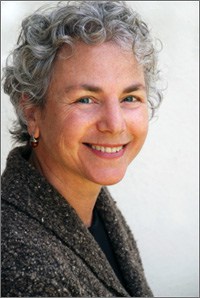 Ellen Bass’s most recent book of poetry, Like a Beggar, was published in April 2014 by Copper Canyon Press. Her previous poetry books include The Human Line (Copper Canyon Press), named a Notable Book by the San Francisco Chronicle, and Mules of Love (BOA Editions), which won the Lambda Literary Award. She co-edited (with Florence Howe) the groundbreaking No More Masks! An Anthology of Poems by Women (Doubleday).
Ellen Bass’s most recent book of poetry, Like a Beggar, was published in April 2014 by Copper Canyon Press. Her previous poetry books include The Human Line (Copper Canyon Press), named a Notable Book by the San Francisco Chronicle, and Mules of Love (BOA Editions), which won the Lambda Literary Award. She co-edited (with Florence Howe) the groundbreaking No More Masks! An Anthology of Poems by Women (Doubleday).
Her poems have appeared in hundreds of journals and anthologies, including The New Yorker, The New York Times Magazine, The Atlantic, The American Poetry Review, The New Republic, The Kenyon Review, Ploughshares, and The Sun. She was awarded a fellowship from the National Endowment for the Arts, the Elliston Book Award for Poetry from the University of Cincinnati, Nimrod/Hardman’s Pablo Neruda Prize, The Missouri Review’s Larry Levis Award, the Greensboro Poetry Prize, the New Letters Poetry Prize, the Chautauqua Poetry Prize, a Fellowship from the California Arts Council, and two Pushcart Prizes.
http://www.poetryfoundation.org/bio/ellen-bass

